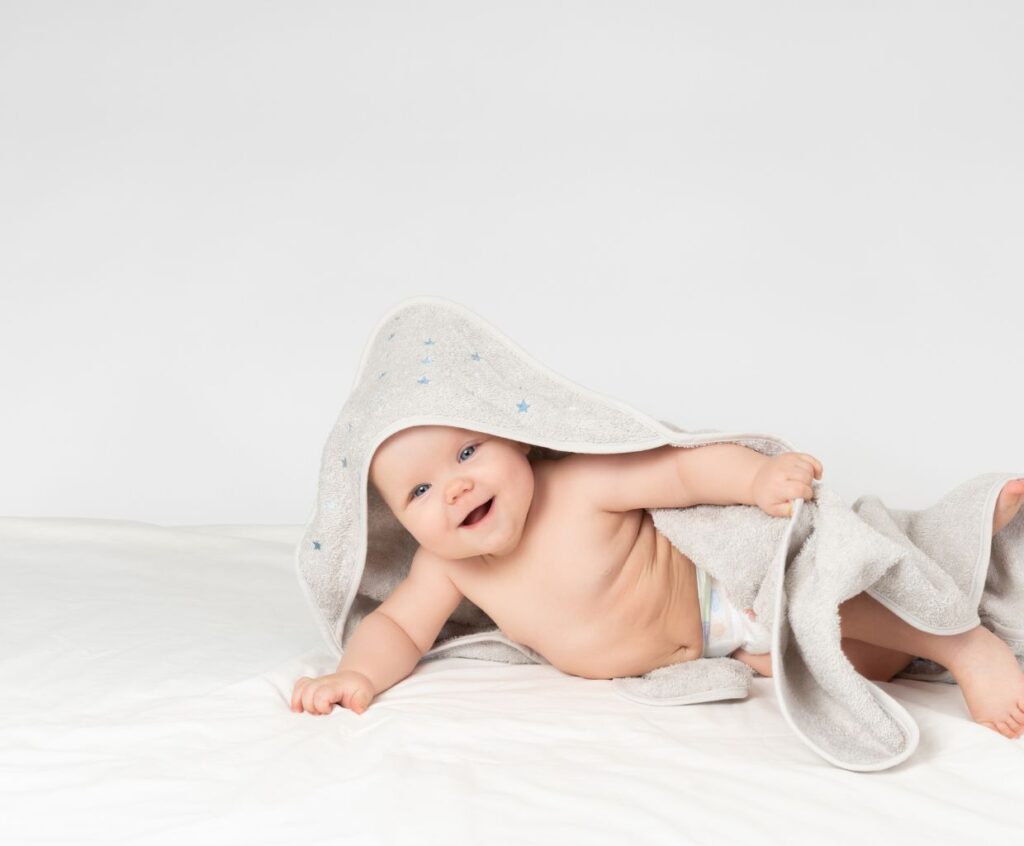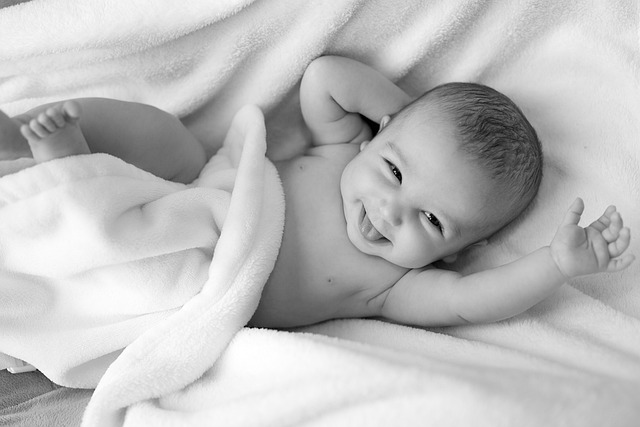How Many Baths Does a Newborn Need: A Bathing Guide for Parents
Welcome to our guide on hnavigatingthe world of bathing your newborn! One of the many questions that new parents often ask is how often they should bathe their little ones.
While there isn’t a one-size-fits-all answer, we’re here to provide yseful information and tips to make bath time aa pleasantexperience for both you and your baby.
Understanding Newborn Skin
Newborn skin is incredibly delicate and sensitive. It is much more susceptible to drying out and irritation cthanadult skin. For this reason, it’s important not to overdo bathing, as frequent bathing can strip away the natural oils that protect your baby’s skin.
In the first few weeks, your baby’s skin is also covered in a protective layer called vernix, which acts as a natural moisturizer and provides some defense against external elements. Therefore, iwaitinguntil this layer naturally wears off before giving your baby their first bath. is best
Initial Bathing Frequency
You can save your newborn a sponge bath during the first week or two instead of fully immersing them in water. Use a soft washcloth and warm water to gently clean their face, neck, hands, and diaper area.
This will help keep your baby clean while minimizing the risk of drying out their skin. After the initial couple of weeks, you can gradually start introducing more regular baths.
Weekly Baths
For most newborns, a bath once or twice a week is sufficient. However, some babies may enjoy bath time and find it calming, so if your little one falls into this category, you can increase the frequency to every two to three days.
Remember to keep the bath time short (around 5-10 minutes) and use lukewarm water to prevent any discomfort for your baby.
Key Bath Time Tips
-
- Always test the water temperature before placing your baby in the tub. It should be comfortably warm, around 100°F (37°C).
-
- Have all the necessary bathing supplies within arm’s reach to ensure your baby’s safety.
-
- Support your baby’s head and neck during the bath using one hand, while gently washing with the other.
-
- Pat your baby dry with a soft towel after the bath, paying extra attention to the skin folds to prevent moisture buildup.
-
- Apply a gentle, hypoallergenic moisturizer to lock in moisture and protect your baby’s skin.
-
- Enjoy the bonding experience with your little one during bath time!
Remember, every baby is unique, and what works for one may not work for another. If you’re unsure about anything or have concerns about your baby’s skin, always consult wour pediatrician. With time and practice, you’ll find the bathing routine that suits your little one best, making it a cherished and enjoyable part of their daily routine.
How often should you bathe a newborn baby: Expert advice
Bathing a newborn baby can be a daunting task for new parents. It is essential to maintain proper How Many Baths Does a Newborn Need: A Bathing Guide for Parentshygiene without causing any harm to the delicate skin of the baby. Here is some expert advice on how often you should bathe your newborn baby:
1. Frequency: Experts recommend bathing a newborn baby 2-3 times weekly. Bathing too frequently can strip the baby’s skin of natural oils, leading to dryness and irritation. However, you should regularly lean the baby’s face, hands, and diaper area
2. Sponge baths: Until the baby’s umbilical cord stump falls off (usually within 1-3 weeks), it is recommended to give them sponge baths instead of full baths. Use a soft, damp cloth to gently wipe the baby’s body, avoiding the umbilical cord area.
3. Water temperature: Ensure water is warm but not too hot. The ideal temperature for a baby’s bath is around 100°F (38°C). Always test the water with your elbow or a thermometer to ensure it is not too hot for the baby’s sensitive skin.
4. Bathing products: Use mild, fragrance-free, and hypoallergenic baby soap or cleansers specifically designed for newborns. Avoid using regular adult soaps, as they can be harsh and irritating to the baby’s skin.
5. Gentle handling: Handle your baby with care during bath time. Support their head and neck while washing their body. Use a soft washcloth or your hand to clean the baby, and be gentle when drying them off.
6. Moisturizing: After the bath, pat your baby dry with a soft towel and apply a gentle, hypoallergenic moisturizer to prevent dryness. Avoid using solid lotions or creams that may contain irritating ingredients.
Remember, every baby is different; some may require more or less frequent baths depending on their skin type and specific needs. It is best to consult with your pediatrician for personalized advice based on your baby’s health and any specific concerns.
Choosing the right baby bath products: Safe Options for Newborns
Choosing the right baby bath products is essential for the safety and well-being of your newborn. Newborn skin is delicate and sensitive, so it’s essential to use products that are gentle and free from harmful chemicals. Here are some safe options to consider:
1. Mild, fragrance-free cleansers: Look for baby cleansers specifically formulated for newborns. These cleansers should be free from harsh chemicals and fragrances that can irritate the baby’s skin.
2. Tear-free shampoo: Choose a tear-free shampoo that is gentle on the baby’s eyes and scalp. Look for natural ingredients and avoid shampoos that contain sulfates or parabens.
3. Baby washcloths: Soft and gentle washcloths are perfect for bathing newborns. Make sure to choose washcloths made from hypoallergenic materials and away from dyes or fragrances.
4. Natural baby oils: Natural oils like coconut or almond can moisturize your baby’s skin after bath time. These oils are gentle and nourishing; they help lock in moisture and protect the baby’s delicate skin.
5. Non-toxic baby lotion: Opt for a non-toxic, hypoallergenic baby lotion to keep your newborn’s skin soft and hydrated. Look for lotions tree from fragrances, dyes, and other harsh chemicals.
6. Diaper rash cream: Choose a gentle diaper rash cream free from fragrances and harsh chemicals. Look for creams that contain natural ingredients like zinc oxide or calendula, which can help soothe and protect the baby’s skin.
When selecting baby bath products, it’s essential to read the labels carefully and choose products specifically formulated for newborns. Avoid products that contain harsh chemicals, fragrances, or dyes that can irritate your baby’s delicate skin. Always perform a patch test before using new products, and consult with your pediatrician if you have any concerns.


